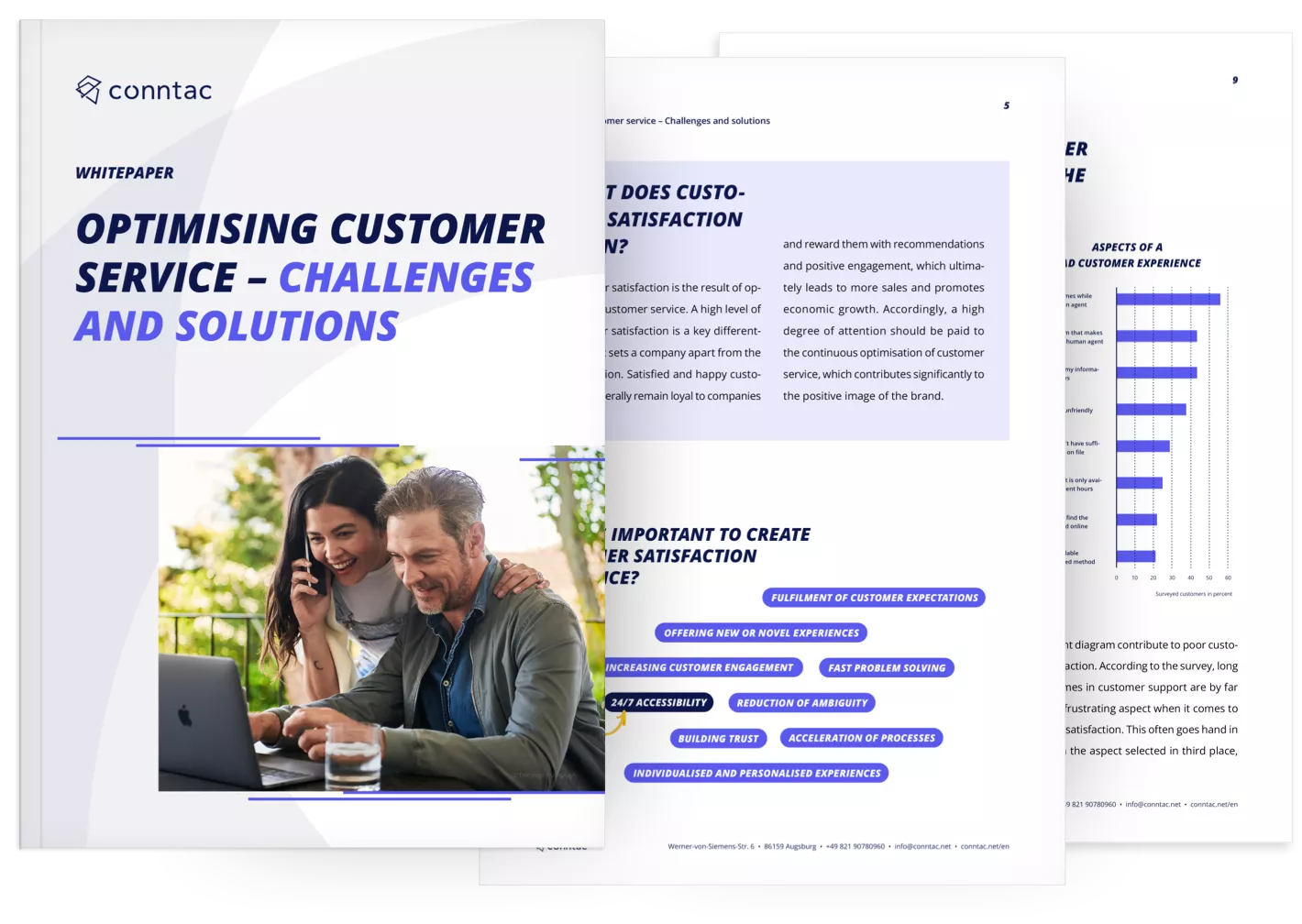Technical customer support, also known as technical support or IT support, is an area of customer service that focuses on assisting customers with technical problems and questions related to products or services. Technical customer support plays a crucial role for companies to ensure customer satisfaction and improve efficiency in resolving technical difficulties.
What is technical support?
Technical support, or Technical Customer Support or IT support, refers to the services and assistance that a company provides to its customers to solve technical problems with products, software or services. Technical support includes fault diagnosis, troubleshooting, installation, configuration, training and advice. It can be provided through different communication channels such as telephone, email, live chat or remote access. The main objective of technical support is to help customers make the best use of technical products and services and to ensure a positive customer experience.
Tasks in Technical Customer Support
The Technical Customer Support takes on various tasks to assist customers with technical problems. These include:
Troubleshooting
Support staff analyse and identify technical problems faced by customers and provide appropriate solutions. This can be done via phone, email, live chat or other communication channels.
Installation and configuration
When introducing new products or services, Technical Customer Support assists customers with the installation, configuration and set-up of hardware or software. Instructions are provided and remote access is used when necessary to help customers use the product correctly.
Fault diagnosis
If a product does not work as expected or technical faults occur, technical customer support helps to diagnose and resolve faults. This may include conducting tests, reviewing system logs or using specific diagnostic tools.
Advice and training
Support staff provide customers with advice and recommendations on how to best use the product. Training or tutorials can also be provided to help customers maximise productivity and avoid problems.
Customer communication
Technical Customer Support communicates regularly with customers to communicate progress in resolving issues, provide updates and respond to customer queries in a timely manner. Friendly and understanding communication through different contact channels is of great importance to gain the trust of customers and to ensure a positive customer experience.
Technological support and future prospects in technical customer support
With the advancement of technology and increasing digitalisation, technical customer support continues to grow in importance. Companies are increasingly using self-service tools, knowledge bases and chatbots to help customers help themselves. Artificial intelligence and machine learning will also be integrated into customer support to provide automated customer service solutions and personalised support.
The future of technical customer support is expected to be characterised by seamless integration of different channels and a stronger customer focus. Companies will focus more on proactively addressing customer needs to anticipate and prevent problems. In addition, collaboration between customer support and other business areas, such as product development and quality assurance, will be further strengthened to ensure continuous improvement of products and services.
Overall, Technical Customer Support plays a crucial role for companies to achieve high customer satisfaction and build long-term customer relationships. Through effective communication, technical expertise and proactive support, companies can gain the trust and loyalty of their customers.
Importance of technical customer support for companies
Technical customer support is of great importance to companies as it has a direct impact on customer satisfaction and brand image. Effective customer support helps to build customer trust and long-term customer relationships. Satisfied customers are more likely to give positive reviews, make recommendations and make repeat purchases from a company. Therefore, technical customer support is an important competitive factor that enables companies to stand out from the competition and build strong customer loyalty.










